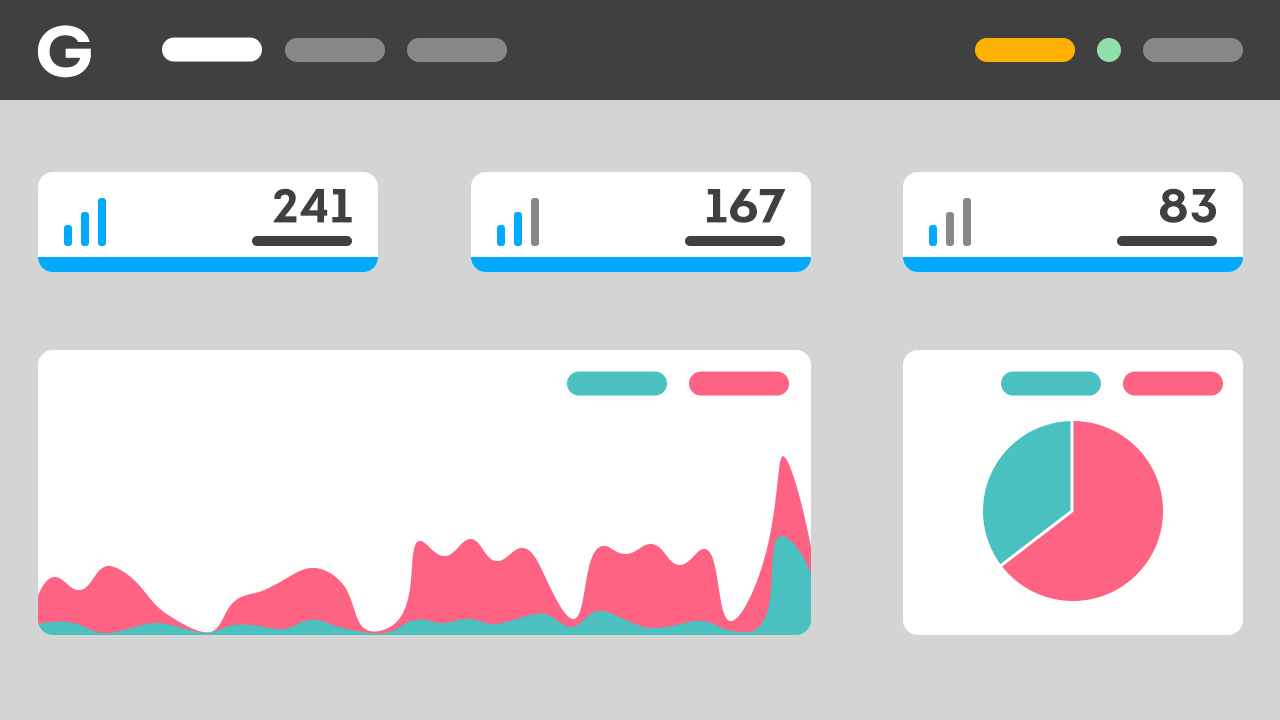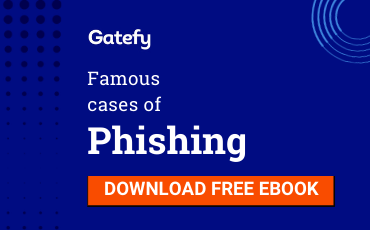Crooks take advantage of Coronavirus outbreak to spread cyber threats, such as phishing and malware
- Updated at March 19, 2021
- By Gatefy
- Blog, Security News

The growing panic and fear in relation to the Coronavirus disease (COVID-19) has been used by scammers to disseminate various cyber threats through the internet, mainly via email. These are scams involving spam, phishing, malicious websites and even ransomware and other types of malware.
Therefore, it’s important that you check the source of the information and don’t click on suspicious links and attachments.
It’s hard to believe that, in such a delicate moment, when the numbers of people affected and killed by the Coronavirus continue to increase worldwide, there are bad people taking advantage of the situation and using the disease to steal money and sensitive data.
Table of Contents

Example of COVID-19 scam
A common example of a COVID-19 scam via email: you receive a message from someone identifying himself as an expert in the health field. That person says that he has great knowledge about the disease and wants to share with you protection tips or more details about a vaccine to prevent the virus.
To access that information, you need to click on a link or run a file. And this is where the danger lies.
The URL will direct you to a malicious website, which will tell you an exciting and engaging story. But at some point, you’re likely to have to provide some personal information. Watch out.
By downloading and executing a file, you’re going to install a malicious software (or malware) on your device. This can result in blocking, modification and even theft of your data and information. Pay attention, especially with doc and pdf files.
Coronavirus scam alerts
Several companies, organizations, and government agencies around the world have issued warnings against cyber scams involving COVID-19.
World Health Organization (WHO)
WHO reinforced an alert about Coronavirus disease on its website.
“Criminals are disguising themselves as WHO to steal money or sensitive information. If you are contacted by a person or organization that appears to be from WHO, verify their authenticity before responding”.
Federal Trade Commission (FTC)
FTC, a United States agency, also posted a warning about COVID-19.
“The emails and posts may be promoting awareness and prevention tips, and fake information about cases in your neighborhood. They also may be asking you to donate to victims, offering advice on unproven treatments, or contain malicious email attachments”.
By the way, FTC has already notified at least 7 companies that are selling fraudulent coronavirus treatments. They guarantee they have a solution to treat and fight the disease, such as teas, oils and other products.
Cybersecurity and Infrastructure Security Agency (CISA)
Another United States agency, CISA, in a statement on COVID-19, also warned about different types of fraud.
“Cyber actors may send emails with malicious attachments or links to fraudulent websites to trick victims into revealing sensitive information or donating to fraudulent charities or causes”.
How to stay safe against COVID-19 fraud
In addition to the physical care that requires preventive measures against the virus, such as washing your hands and avoiding crowds, we must pay attention to online fraud attempts. In this case, our tips are:
- Be careful with the source of the information.
- Check the sender’s name and email address.
- Check the authenticity of people and institutions.
- Don’t click on suspicious links.
- Don’t open suspicious attachments.
- Don’t reveal personal information indiscriminately.
- Discover reliable news sources about COVID-19.
How to protect against COVID-19 scams
The safety tips for this period of pandemic cyber attacks using Coronavirus remain the good old security recommendations on the internet. We took the list from the FBI statement as a base and added a few more topics.
- Be careful with the source of the information.
- Check the sender’s name and email address.
- Check for misspellings or wrong domains within a link.
- Always verify the web address of legitimate websites.
- Check the authenticity of people and institutions.
- Don’t click on suspicious links.
- Don’t open suspicious attachments.
- Don’t reveal personal information indiscriminately.
- Discover reliable news sources about COVID-19.
Reliable sources of Coronavirus information
In our opinion, some of the best sources of information about Coronavirus are:
- World Health Organization: www.who.int.
- United Nations (UN): www.un.org.
- Pan American Health Organization: www.paho.org.
- Centers for Disease Control and Prevention: www.coronavirus.gov.




